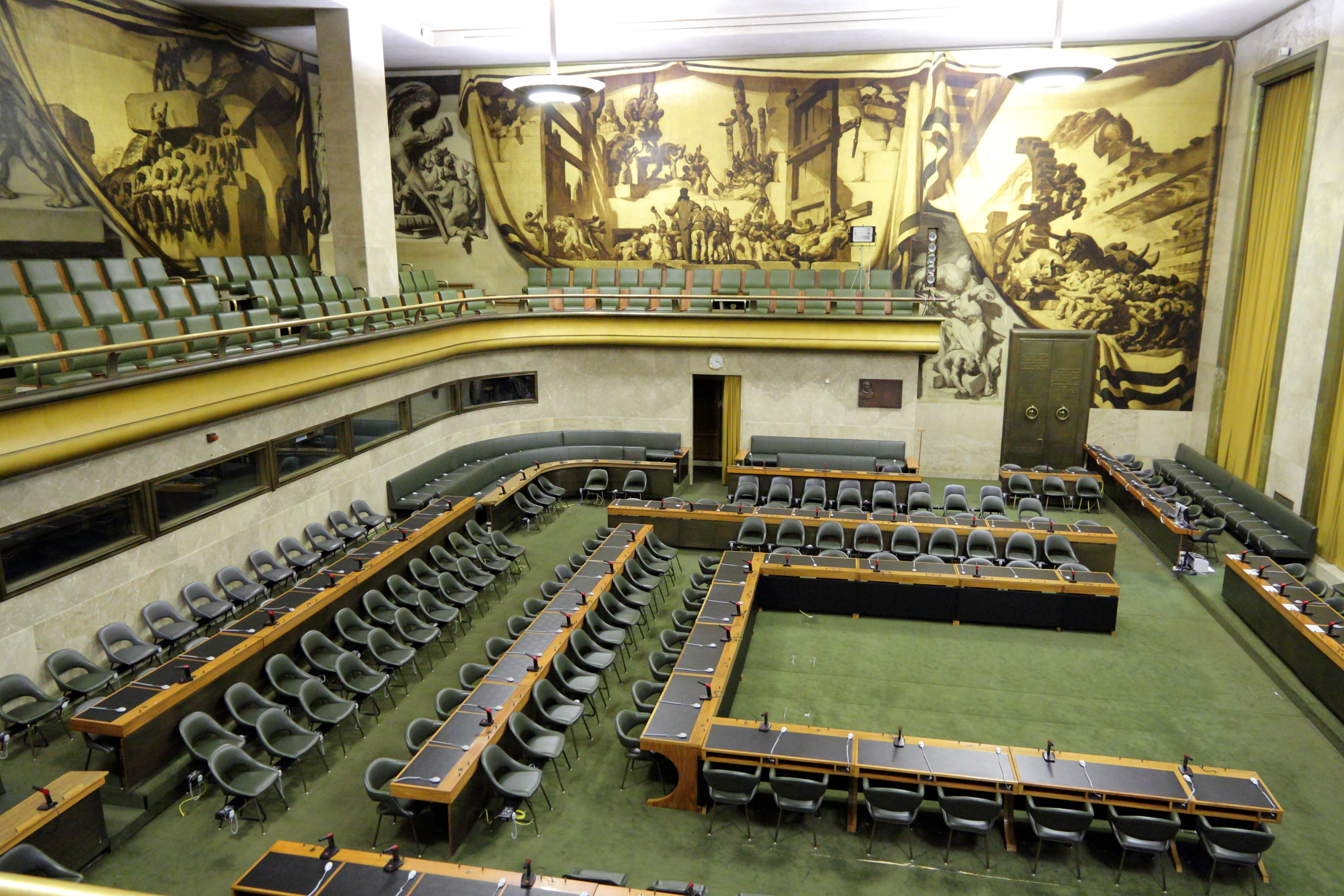In a few months, the world’s governments will have a rare chance to fix a broken debt system at the Fourth UN Conference on Financing for Development (FfD4). They must support a UN-led convention process which offers a credible, cooperative path to restructuring sovereign debt—one that prioritizes human rights, sustainability and long-term global stability. A meaningful outcome at FfD4 requires governments to step up and act in the common interest.
As negotiations for FfD4 enter a critical phase and the debt crisis spirals, one demand stands out as both urgent and long overdue: a truly intergovernmental process to lay the foundation for a United Nations Framework Convention on Sovereign Debt Restructuring.
FfD4 is a high-level global summit—set to take place in Seville (Spain) in late June to early July this year—where countries come together to agree on how international financial systems should help deliver on development goals, climate action and human rights. 10 years after FfD3 in Addis Ababa, FfD4 is one of the few spaces where all governments can sit as equals to address the structural injustices at the heart of the global economy.
This is not about abstract technical reform. It is about the right of people and countries—especially in the Global South—to shape their futures without being strangled by cycles of unsustainable debt, austerity and extractivism. These vicious cycles siphon money away from essential gender-responsive public services and crucial climate adaptation, mitigation and just transition.
For years, the world’s most powerful creditor countries (particularly the European Union, United Kingdom, Japan, Switzerland, United States, Canada and New Zealand) have blocked progress toward a fairer international debt system. Their current proposals for FfD4—debt swaps, climate clauses and vague dialogues with the Paris Club—fall far short of what is needed. These are distractions, not solutions.
Meanwhile, small island states (AOSIS), the Africa Group and others are putting forward real alternatives. They are calling for a statutory framework grounded in international law and human rights—one that can address the structural failures of the current system. They are fighting not just for themselves, but for a more just and sustainable global economy.
This is a matter of justice and accountability—not charity or diplomacy. It’s a choice between global economic governance rooted in human rights and democratic principles, or one captured by the interests of hedge funds, banks and private investors. What is at stake is whether international financial rules will serve the many—especially those historically excluded—or continue to protect the privileges of the few at the expense of future generations.
At CESR, we support the establishment of a United Nations–led debt workout mechanism—one that brings transparency, equity and good faith into what are currently opaque, creditor-driven processes. Human rights must be at the center of debt sustainability assessments, grounded in the principles of equity, self-determination, transparency and accountability. Crucially, this means centering the rights and participation of people affected by debt and austerity—something today’s frameworks consistently ignore. Debt repayment must never override states’ obligations to uphold human rights.
We call for a fundamental rethink of global financial policies to ensure they align with human rights standards and pave the way for a financial architecture that is equitable, just and sustainable. This includes binding obligations for private creditors, meaningful participation by affected communities and robust support for debtor countries to negotiate on equal footing.
As our Executive Director, María Ron Balsera, states: “At a time when multilateral cooperation is under threat, putting human rights at the core of FfD4 is not only the right thing to do—it is the best way to rebuild trust in global governance. By anchoring financing policies in human rights principles, governments can uphold their legal obligations and foster a truly cooperative response to our shared climate, debt and development crises.”
The current financial architecture is unequal by design. FfD4 must be a turning point to build an equitable system that guarantees the material, social and environmental conditions necessary for all people to live with dignity on a flourishing planet, without reducing the ability of future generations to do so.
We urge all governments—and particularly those with the greatest influence over the outcome of FfD4—to seize this moment of decision. Supporting a United Nations convention on sovereign debt restructuring is not only a matter of principle; it is a smart and necessary step toward restoring trust in global cooperation and ensuring long-term economic and ecological stability. AOSIS and other Global South leaders have outlined a credible path forward. It is time to match that leadership with political will. Aligning positions with human rights obligations will send a powerful signal: that fairness, sustainability and shared responsibility can guide international financial governance.
This is the time for good faith. This is the time for courage. Let’s build a Rights-Based Economy.
